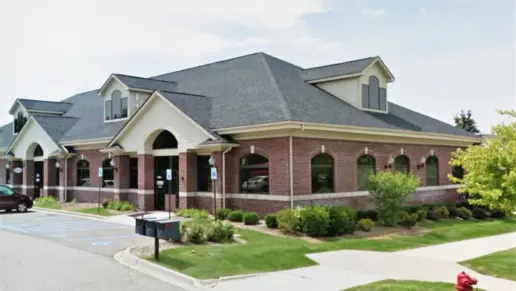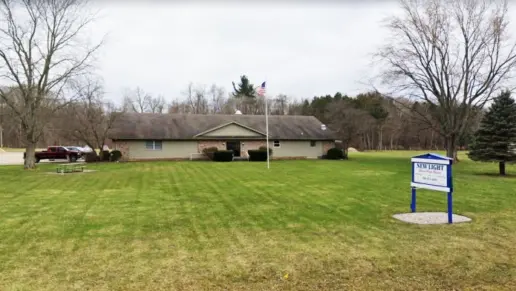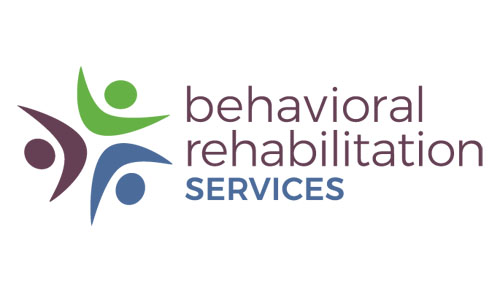About Mount Pleasant Alano Club
Mount Pleasant Alano Club is a drug and alcohol rehab and community resource center in Mount Pleasant, MI. They provide outpatient programming and support groups.
This facility offers a meeting house for local 12-step meetings and support groups.
This organization provides 12-step programming, a variety of meetings, and peer-to-peer support for individuals struggling with a substance use disorder. There are a range of closed and open meetings of Alcoholics Anonymous, Narcotics Anonymous meetings, young people meetings, and Al-Anon meetings. Topics range from big book studies, speakers, to gratitude meetings, and are offered at various times throughout the week. Twelve-step programming provides a framework for individuals healing from addiction and connects peers through personal experience and sponsorship. Meetings are free of charge.
Latest Reviews
Rehab Score
Addiction Treatments
Levels of Care
Treatments
The goal of treatment for alcoholism is abstinence. Those with poor social support, poor motivation, or psychiatric disorders tend to relapse within a few years of treatment. For these people, success is measured by longer periods of abstinence, reduced use of alcohol, better health, and improved social functioning. Recovery and Maintenance are usually based on 12 step programs and AA meetings.
Drug rehab in Michigan provides personalized treatment to help individuals break this cycle and regain control of their lives. Treatment methods are used in various levels of care, including inpatient rehab, partial hospitalization programs, intensive outpatient programs, and standard outpatient treatment.
Opioid rehabs specialize in supporting those recovering from opioid addiction. They treat those suffering from addiction to illegal opioids like heroin, as well as prescription drugs like oxycodone. These centers typically combine both physical as well as mental and emotional support to help stop addiction. Physical support often includes medical detox and subsequent medical support (including medication), and mental support includes in-depth therapy to address the underlying causes of addiction.
Substance rehabs focus on helping individuals recover from substance abuse, including alcohol and drug addiction (both illegal and prescription drugs). They often include the opportunity to engage in both individual as well as group therapy.
Programs


Clinical Services
Research clearly demonstrates that recovery is far more successful and sustainable when loved ones like family members participate in rehab and substance abuse treatment. Genetic factors may be at play when it comes to drug and alcohol addiction, as well as mental health issues. Family dynamics often play a critical role in addiction triggers, and if properly educated, family members can be a strong source of support when it comes to rehabilitation.
Group therapy is any therapeutic work that happens in a group (not one-on-one). There are a number of different group therapy modalities, including support groups, experiential therapy, psycho-education, and more. Group therapy involves treatment as well as processing interaction between group members.
Contact Information
1201 N Fancher
Mount Pleasant, MI 48858


